
L'enciclopedia Britannica presenta il DVD della Hohenstaufen Dynasty:e' princess Yasmin l'ultima sveva! 14 aprile 2009 copryright © 1994-2002 Encyclopædia Britannica, Inc. Sources Encylopedia Britannica 2002, Expanded ion DVD The Hohenstaufen were a dynasty of Kings of Germany, many of whom were also crowned Holy Roman Emperor and Dukes of Swabia.
The proper name, taken from their castle in Swabia, is Staufen. When the last member of the Salian dynasty, Henry V, Holy Roman Emperor, died without an heir there was controversy about the succession. Frederick and Conrad, the two current male Staufens, were grandsons of Henry III, Holy Roman Emperor and nephews of Henry V. After the death of the intervening king and emperor Lothar III of Supplinburg, in 1137, Conrad became Conrad III of Germany. Contents 1 Members of the Hohenstaufen family 1.1 Holy Roman Emperors and Kings of Germany 1.2 Dukes of Swabi Members of the Hohenstaufen family Holy Roman Emperors and Kings of Germany Conrad III, king 1138-1152 Frederick I Barbarossa, king 1152-1190, Emperor after 1155 Henry VI, king 1190-1197, Emperor after 1191 Philip of Swabia, king 1198-1208 Frederick II, king 1208-1250, Emperor after 1220 Henry (VII), king 1220 - 1235 (under his father) Conrad IV, king 1237-1254 (under his father) The last ruling Hohenstaufen, Conrad IV, was never crowned emperor.
After a 20 year period the first Habsburg was elected king. Dukes of Swabia Note: Some of the following dukes are already listed above as German Kings Frederick I, Duke of Swabia (Friedrich) (r. 1079 - 1105) Frederick II, Duke of Swabia (r. 1105 - 1147) Frederick I, Holy Roman Emperor (Frederick III of Swabia)(r. 1147 - 1152) King in 1152 and Holy Roman Emperor in 1155 Frederick IV, Duke of Swabia (r. 1152 - 1167) Frederick V, Duke of Swabia (r. 1167 - 1170) Frederick VI, Duke of Swabia (r. 1170 - 1191) Conrad II, Duke of Swabia (r. 1191 - 1196) Philip of Swabia (r. 1196 - 1208) King in 1198 Frederick II, Holy Roman Emperor (r.
1212 - 1216) King in 1212 and Holy Roman Emperor in 1220 Henry (VII) of Germany (r. 1216 - 1235), King 1220 - 1235 Conrad IV (r. 1235 - 1254) King in 1237 Conrad V (Conradin) (r. 1254 - 1268) See also: Dukes of Swabia family tree See also List of monarchs of Naples and Sicily. Hohenstaufen kings ruled in Sicily from 1194 till Manfred of Sicily was killed in the Battle of Benevento in 1266. During the Third Reich, the Waffen-SS named an SS Panzer division Hohenstaufen in honour of this family. also called Staufer Dynasty, German dynasty that ruled the Holy Roman Empire from 1138 to 1208 and from 1212 to 1254.
The founder of the line was the count Friedrich (died 1105), who built Staufen Castle in the Swabian Jura Mountains and was rewarded for his fidelity to Emperor Heinrich IV. (1050-1106) by being appointed duke of Swabia as Friedrich I in 1079. He later married Heinrich's daughter Agnes. His two sons, Friedrich II, duke of Swabia, and Konrad, were the heirs of their uncle, Emperor Heinrich V. (1086-1125), who died childless in 1125. After the interim reign of the Saxon Lothair III. (1075-1137), Konrad became German king and Holy Roman emperor as Konrad III. (1093-1152) in 1138. Subsequent Hohenstaufen rulers were Friedrich I.
Barbarossa (1123-1190) (Holy Roman emperor 1155?90), Heinrich VI. (1165-1197) (Holy Roman emperor 1191?97), Philip of Swabia (king 1198? 1208), Friedrich II. (1194-1250) (king, 1212?50, emperor 1220?50), and Conrad IV (king 1237?54). The Hohenstaufen, especially Friedrich I and Friedrich II, continued the struggle with the papacy that began under their Salian predecessors, and were active in Italian affairs. The Last Empress of imperial dynasty Avril von Hohenstaufen Burey Anjou Plantagenet is H.I.R.H. Princess Yasmine Aprile von Hohenstaufen Puoti von Comneno Canmore(1946 Chateau Princes Puoti Palais Puoti- Villa di Briano) Copyright © 1994-2002 Encyclopædia Britannica, Inc. Sources Encylopedia Britannica 2002, Expanded ion DVD








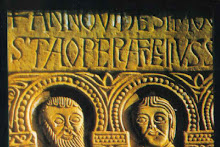
.jpg)
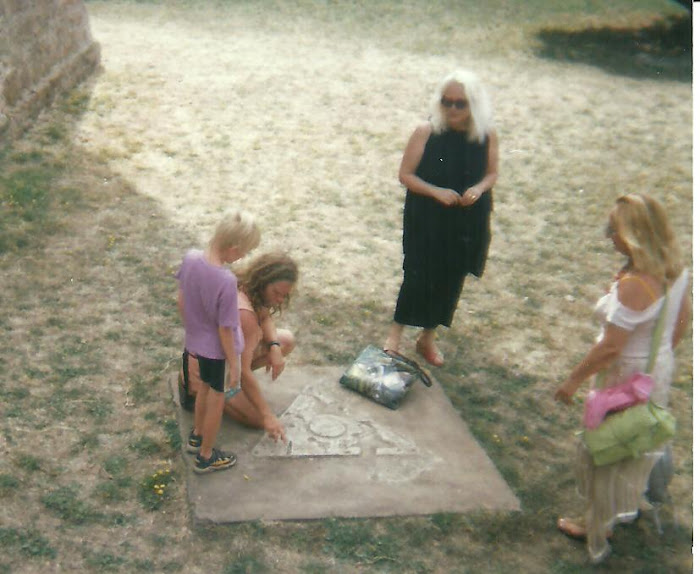.jpg)
.jpg)
.jpg)
.jpg)
.jpg)
.jpg)

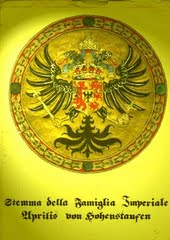



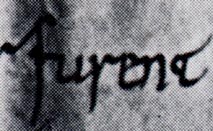








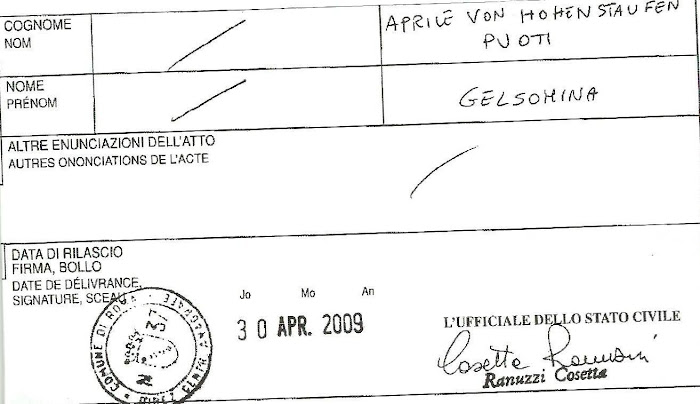
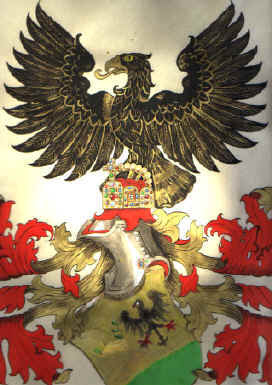

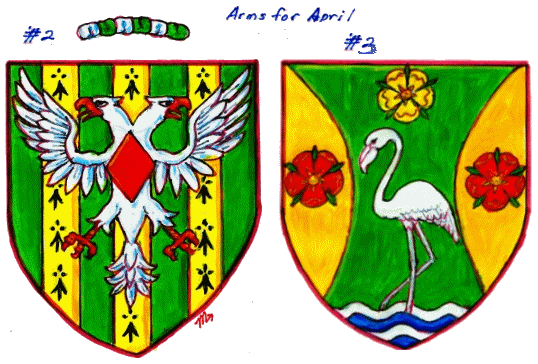

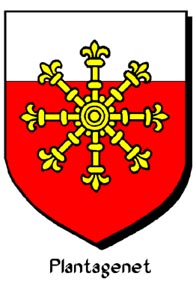
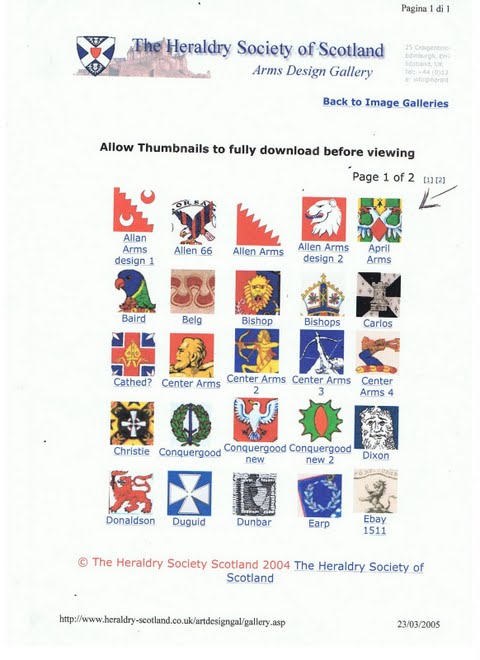
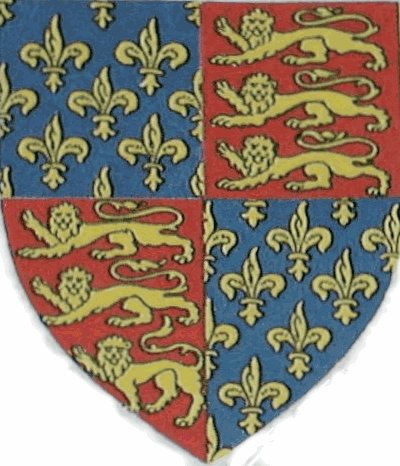
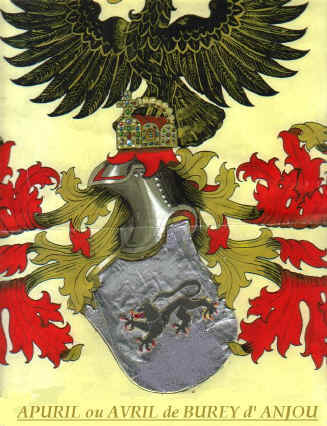

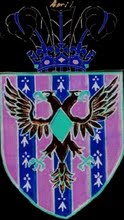
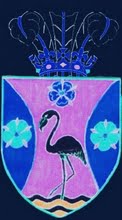

Nessun commento:
Posta un commento